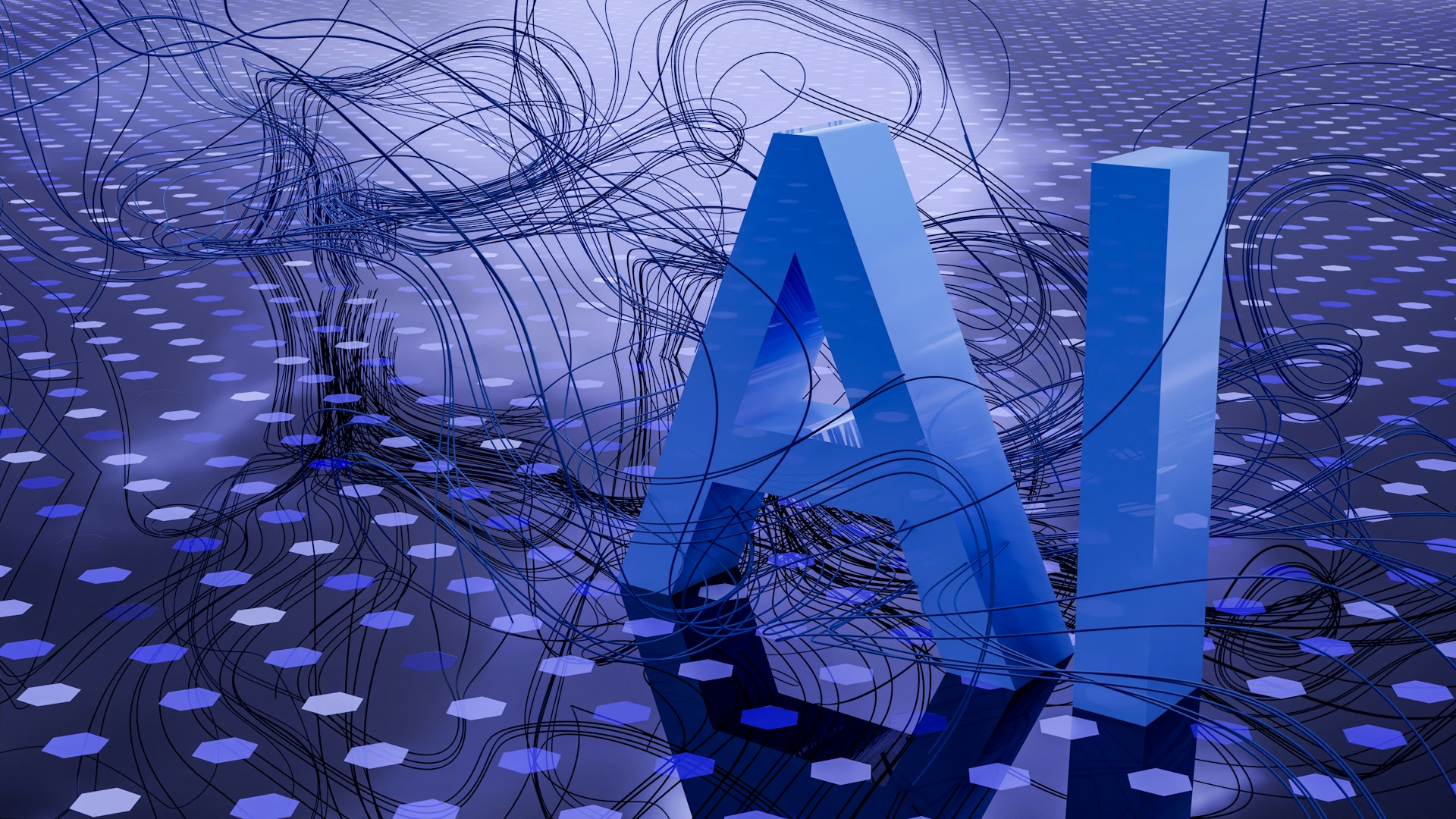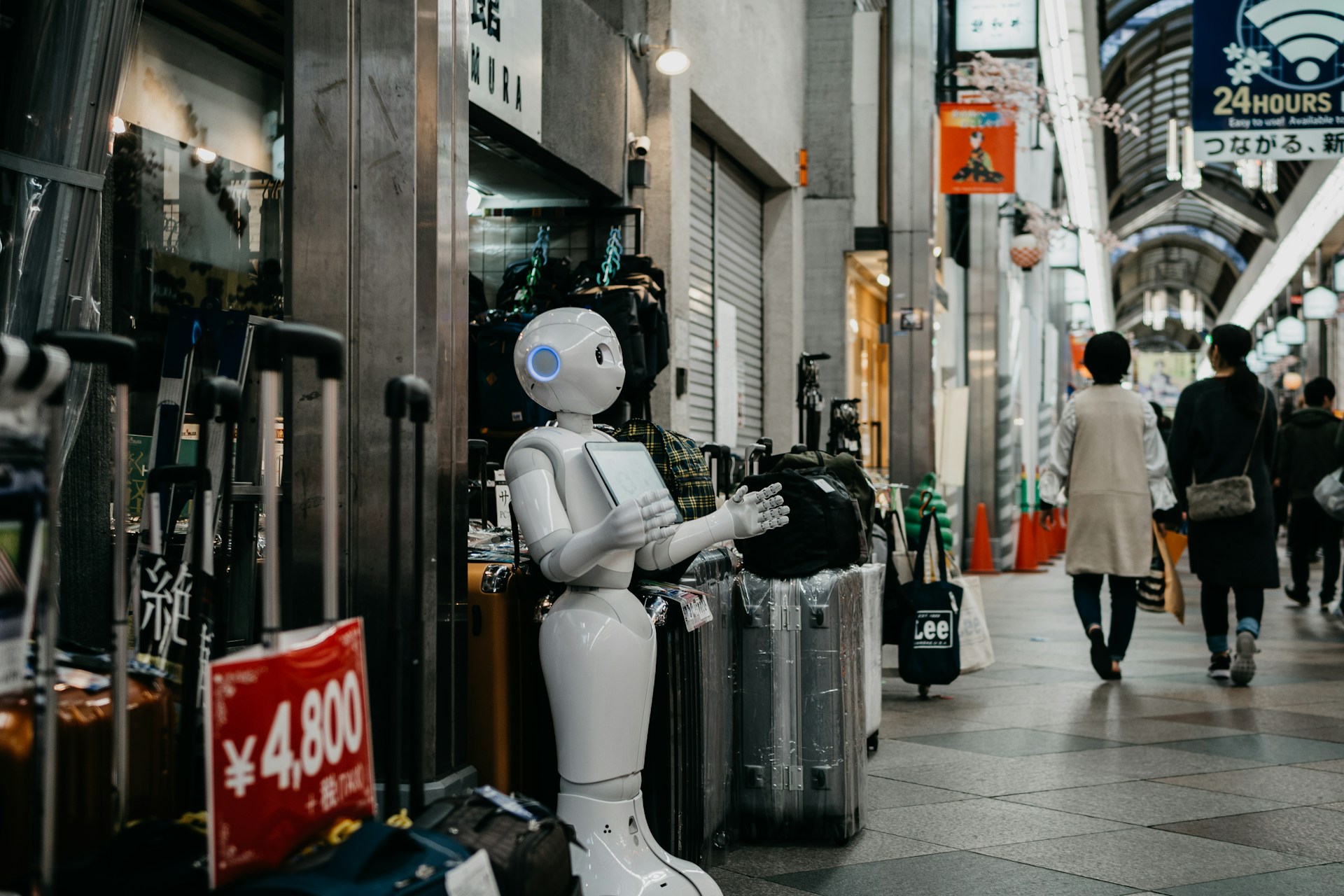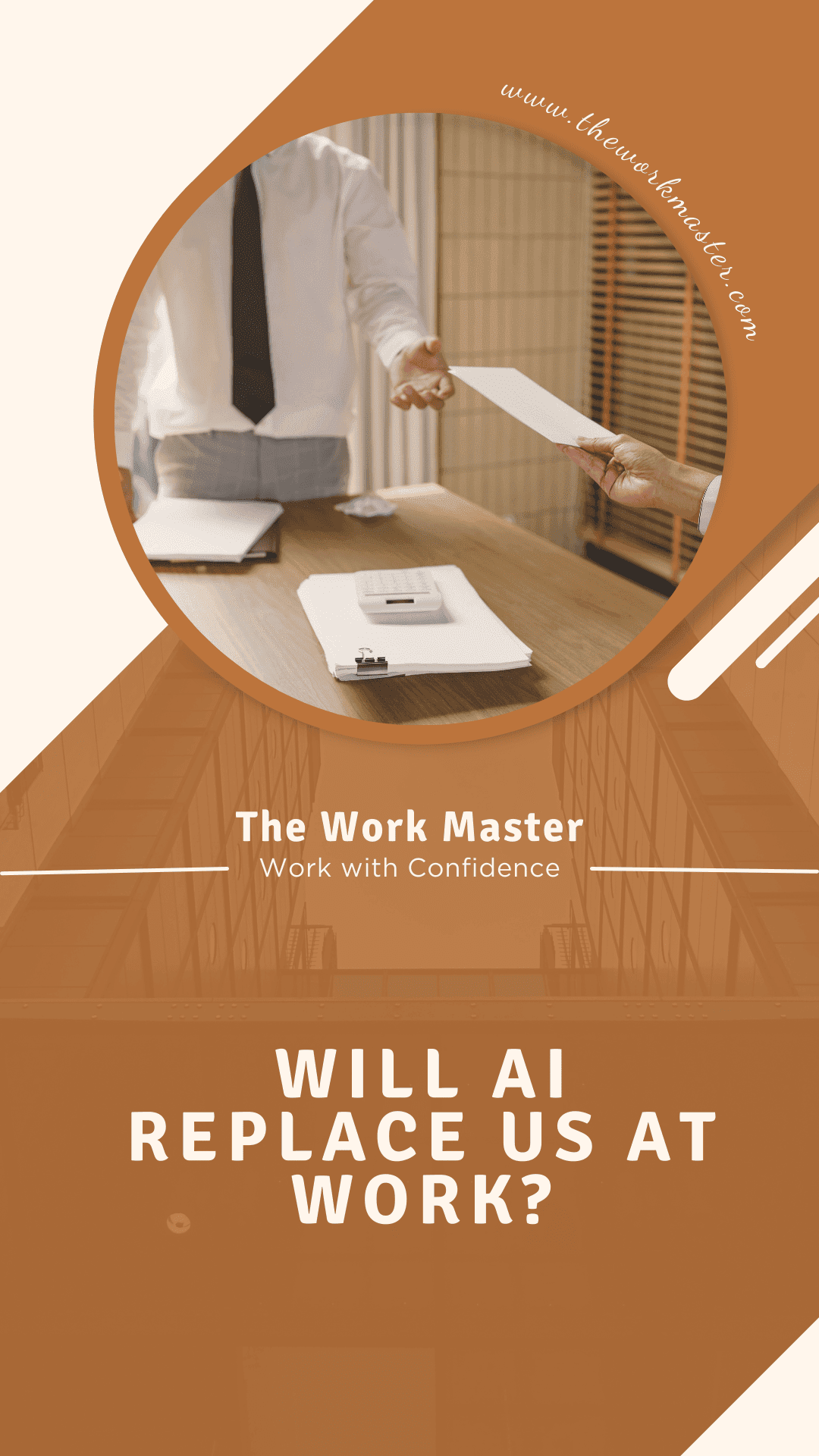Прочети на Български ==> Read in English (US)
The issues of AI (artificial intelligence) are becoming more and more actual nowadays, because of the rapid improvement of technologies and automation.
With the advancement of AI, this question becomes more frightening over time - will AI replace us at work one day?
In this article, we are going to help you understand the pluses and minuses of AI in the workplace and possibly make up your own mind about it.
The Pros of AI in the Workplace
Increased Efficiency and Productivity
AI in the workplace has brought about increased efficiency and productivity as one of its major benefits.
AI can complete tasks at a rate many times faster than humans, moreover, it can work non-stop without pauses or breaks.
This could result in a major boost in productivity and give rise to a situation where companies could be completing their work in less time.
Cost Savings
Through automation of tasks and processes, organizations can lower their labor expenses and decrease the chances of making mistakes by humans.
AI can also make calculations on data and model some predictions, through which companies can make more rational decisions and can save money in the future.
Handling Repetitive and Mundane Tasks
AI is great for doing the same things over and over again and those things that we as humans find boring and time-consuming.
This means the employees can work on the more complicated and creative tasks so that they can gain more satisfaction and higher productivity.
Improved Customer Service
AI can speed up customer service by helping to provide timely and correct answers to customer questions or objections.
Chatbots are a good example as they can cover a lot of customer inquiries in a short time without any human involvement and are the dwelling place of 24/7 customer support which is an advantage to the customer.
The Cons of AI in the Workplace
Job Displacement
The question of AI in the workplace concerning job loss is one of the biggest topics.
The possibility exists that in the future some jobs would be redundant due to advances in AI.
Such changes may cause certain jobs to be automated, and the workers may lose jobs and become unemployed.
Lack of Human Interaction

On the flip side, AI in the workforce has the negative side of less human interaction.
In addition to being fast and efficient, AI fails to have the empathy and emotional intelligence that humans possess.
The drawback of this is that it might be a disadvantage when it comes to industries that require a high amount of human contact, such as customer service or healthcare.
Bias and Discrimination
AI systems mirror the bias of the data they are trained on.
Where data used in the training of an AI system has been biased, the AI can replicate and reinforce discrimination and existing inequalities.
The gentle effect of this is that it can cause very harmful consequences in places where AI may unconsciously discriminate against particular groups of people, for instance.
Dependence on Technology
With the increasing reliance of businesses on AI, there appears to be a danger of becoming addicted to the technology.
In case AI systems fail or malfunction, it could have a wide reach in terms of disruption of business operations. This indicates that backup plans and human supervision are essential items of infrastructure.
Will AI Replace Us at Work?
The question that is making many people lose sleep is whether AI will ultimately take over humankind at work. The response is not a mere "yes" or "no."
However, AI is far from displacing people in the workforce; rather it helps in automating certain tasks and replacing some jobs.
Jobs That Are at Risk
Parts of jobs are really at risk of being replaced by AI, which includes those that are associated with repetitive and predictable tasks, e.g.
data entry, assembly line work, and customer service.
This is the kind of job that will be increasingly automated with the progress of AI technology.
According to the report, creative professionals like poets, writers, and editors are less likely than white-collar workers to have their jobs replaced altogether as their skill sets are harder to replicate.
Safe jobs
However, some kinds of work cannot be replaced by AI, either.
These are top-level jobs, which use a great deal of imagination, analysis, and emotional intelligence, like marketing, design, and healthcare.
These jobs demand the development of human skills which is tough for AI to imitate.
Collaboration Between Humans and AI
AI is much less likely to substitute human work, but it will be working with humans in the workplace.
The partnership can also result in increased effectiveness and productivity besides better decision-making.
Artificial Intelligence can manage tasks, which are better to be done by machines, while people can work on things that require human skills and intelligence.
The Future of AI in the Workplace
Alongside the technological advancement of artificial intelligence,
businesses should be careful in their appraisal of the possible effect of that on their human workforce.
However, even with the apparent advantages of AI integration in the workplace, it is equally important to address the possible side effects and find ways to do so.
Training and Reskilling Employees
The company can get ready for the future of artificial intelligence (AI) in the workplace by making investments in the training and reskilling of their staff.
This can enable employees to adapt to new roles and responsibilities as AI technology advances.
We have opened the door to the world of online languages, and the possibilities are unlimited, imaginative, and fun.
It also ensures companies can retain their best employees thereby avoiding layoffs.
Ethical Considerations
The AI systems, in that respect, gather biases from the data they are taught.
Companies must consider the ethical issues that can arise from using AI in the workplace and take action to ensure that their AI systems do not maintain discrimination or bias.
Human Oversight and Backup Plans
To prevent the applications of technology from becoming dominating, organizations should have human supervision and backup plans.
This can significantly reduce the negative impact of AI failures and provide backup options, which can be utilized in the event of AI system malfunction.
Conclusion
The introduction of AI into the workplace can be very helpful, such as increasing efficiency, reducing the cost, and improving customer experiences.
One also needs to consider the apparent drawbacks, including job displacement, low human interaction, and bias.
It is not likely for AI to replace completely humans in the workplace, but companies should be very careful in assessing the impact of AI on the workforce and taking appropriate measures to minimize its negative effects.
Through this, businesses could strike the right balance between AI and human workers.






Comments
Post a Comment